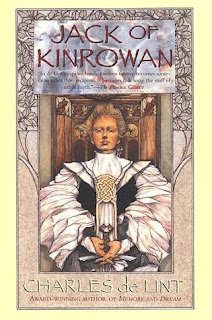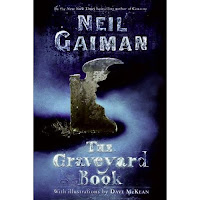
In adventurous stories, there often happens to be this character who knows what’s going on. They’re the one who dribbles out confusing riddles to the hero just as he needs them, and no more. The one who could just tell everybody the big plot secret but won’t, because if that happened the characters could just resolve the story’s conflict and go home. These characters seem to take a perverse enjoyment of their job, reveling in the “Nyah, nyah, I know something you don’t know!” Such a character is the Bard of Skye in Patricia A. McKillip’s Tower at Stony Wood.
The Tower at Stony Wood starts out conventionally enough for a fantasy novel. Cyan Dag, knight of the kingdom of Yves, receives a visit from the Bard of Skye on his king’s wedding night. The Bard gives him a dire warning: the king has just married a monster in mortal form, and his true bride has been trapped in a tower! The book then proceeds like a strange dream. Cyan Dag has no specific instructions from the Bard (nor did he think to ask), so he wanders the countrysides of Yves and Skye at random, trying the towers that he comes across. He’s not the sharpest sword in the scabbard.
Invariably his experiences with towers go something like this: “Thank you! But our princess is in another castle. Please try again.”
Meanwhile, the Bard and her sister send Cyan unhelpful dreams, and in two apparently unrelated plotlines, another man in another tower is attempting to tame a dragon, and a baker and her daughter are in yet another tower watching the whole affair – princess, knight, dragon, and Bard – by magic mirror. I think I counted at least six towers in all in this book. Or maybe they were the same tower, all mystically connected? McKillip is never quite clear on this point.
Cyan and I would both like to grab Ms. Bard by the robe and ask her, “What the dickens is going on here?” There is a partial explanation at the end, but it left me feeling like somebody had just played a card trick on me.





